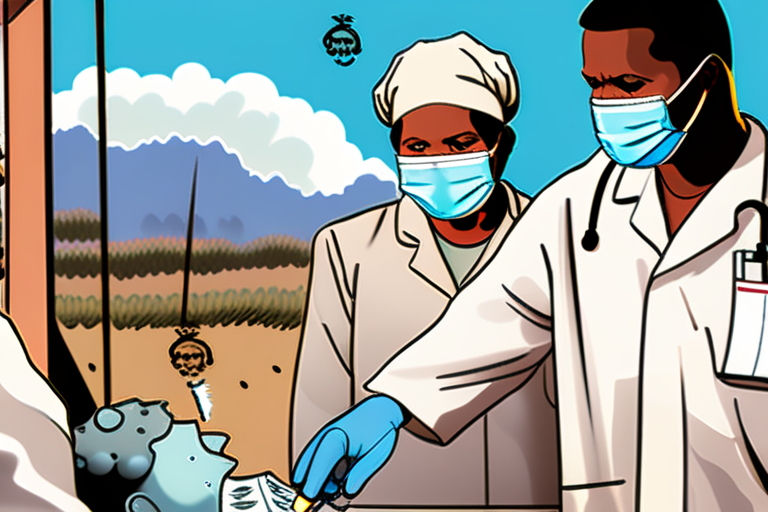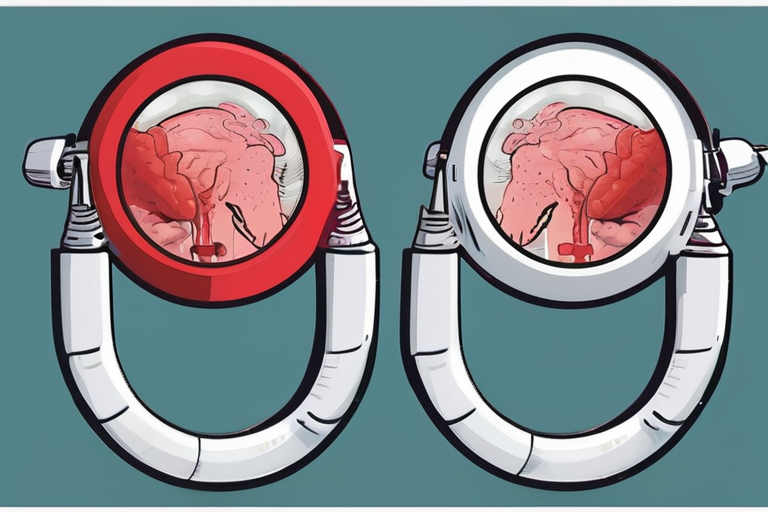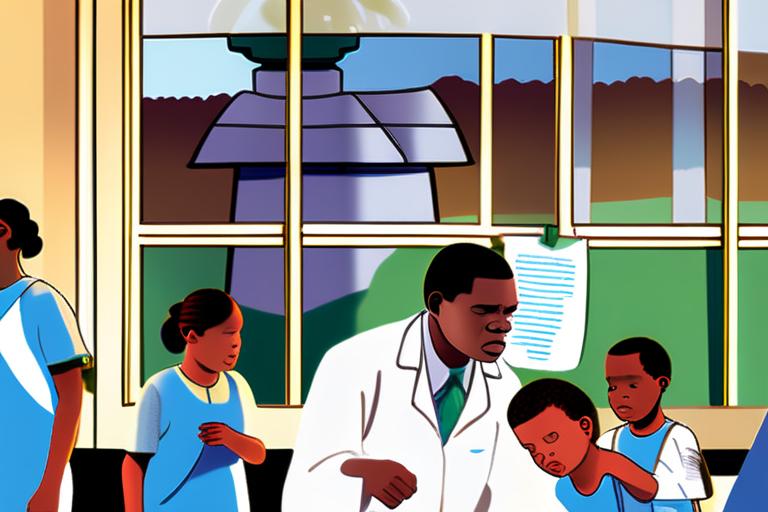The UK government announced a 15% reduction in its contribution to the Global Fund for Aids, Tuberculosis, and Malaria, a move that has sparked concerns among advocates who fear it will force "impossible choices" on Africa. The 850 million commitment, announced on Tuesday, is down from 1 billion in the last round, and comes at a time when the UK, alongside South Africa, is co-hosting the fund's replenishment drive.
The reduction has been met with criticism from campaigners, who argue that it undermines the UK's legacy in fighting infectious diseases. "This decision is a betrayal of the UK's commitment to global health," said a spokesperson for the charity, Medicins Sans Frontieres. "The UK has a proud history of leading the way in the fight against Aids, TB, and malaria, but this reduction in funding will have devastating consequences for those who need it most."
The Global Fund, which was established in 2002, has been instrumental in reducing deaths from HIV, TB, and malaria by half since its inception. The fund has also been a key player in the development of new treatments and diagnostic tools, including a Kenyan-made HIV test that has been hailed as a breakthrough in the fight against the disease.
Campaigners fear that the UK's reduction in funding will encourage other countries to follow suit, potentially undermining the progress that has been made in the fight against infectious diseases. "The UK's decision to cut its funding to the Global Fund sends a worrying signal to other donors," said a spokesperson for the charity, Oxfam. "We urge the UK government to reconsider its decision and commit to maintaining its previous level of funding."
The UK's decision to reduce its funding to the Global Fund comes at a time when the world is facing a growing number of health crises, including the ongoing COVID-19 pandemic. The Global Fund has been a key player in the response to the pandemic, providing funding and support to countries that are struggling to cope with the crisis.
The UK's 850 million commitment to the Global Fund is still a significant amount of money, but it is a reduction from the 1 billion that was pledged in the last round. The decision has been met with criticism from campaigners, who argue that it is not enough to meet the needs of those who are affected by infectious diseases.
The Global Fund's replenishment drive is ongoing, and the UK's decision to reduce its funding has sparked concerns among advocates who fear that it will have a negative impact on the progress that has been made in the fight against infectious diseases. The UK government has been urged to reconsider its decision and commit to maintaining its previous level of funding to the Global Fund.



























Share & Engage Share
Share this article